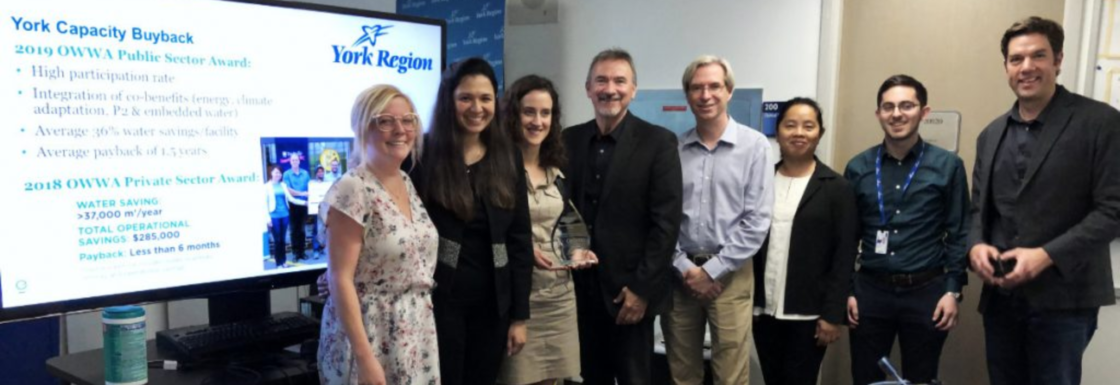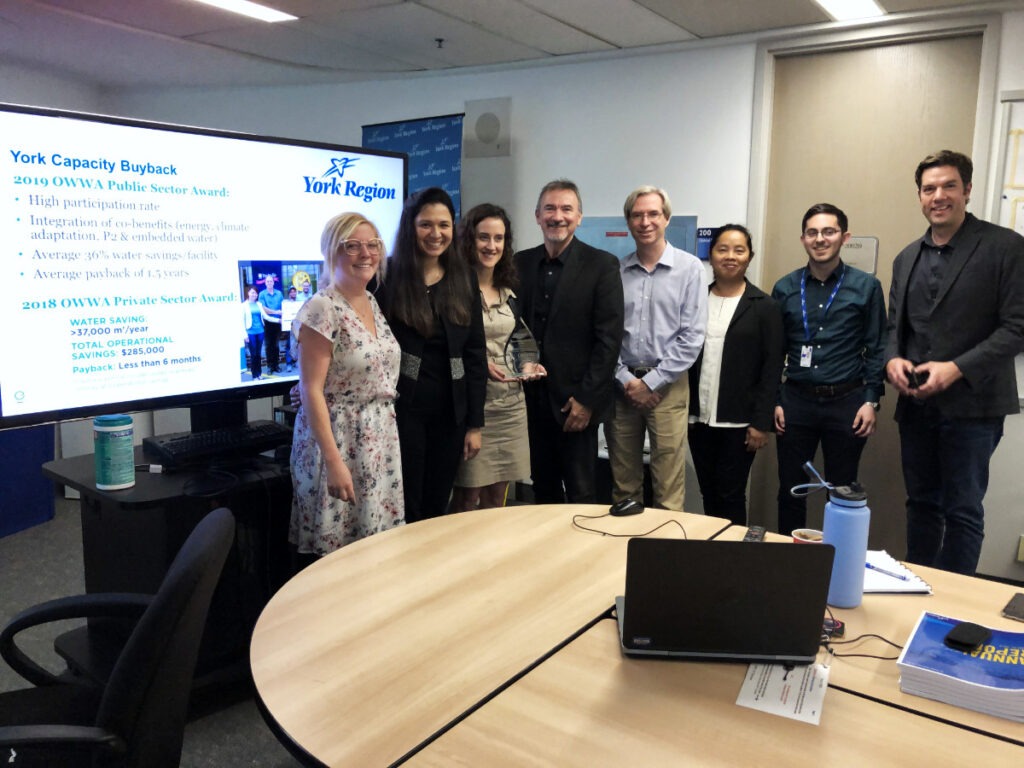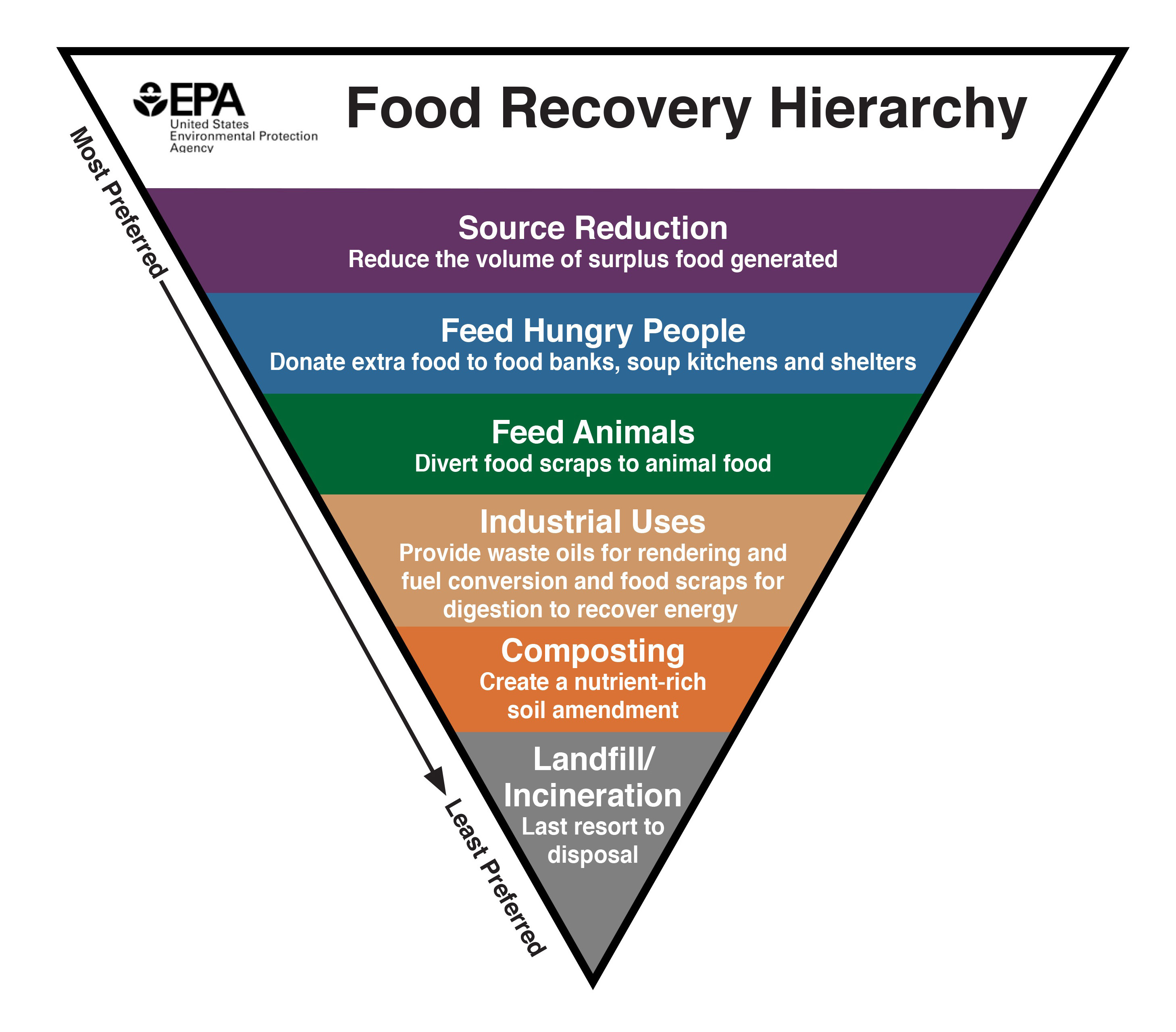Preventing Root Causes

Engineering’s Sustainability Superpower
How can one engineering firm generate nine national Clean50 award-winning projects? I’ll let you in on our secret.
Energy, water, and product waste are the intended or unintended results of a system. If anything is going to change, it is necessary to identify and address key contributor(s) to that system to produce more sustainable outcomes. That is why Enviro-Stewards’ tagline is “Engineering Change” (and engineering is the easy part).
Sustainable Development Goals (SDGs)
The UN has laid out 17 Sustainable Development Goals (SDGs) that are widely recognized to be necessary to secure shared, durable prosperity.
Addressing the symptoms of each of these challenges is prohibitively expensive. However, preventing root causes leading to these issues can produce synergistic triple wins (economic, social & environmental).
For example, unsafe water has killed more people than all wars that have ever been fought (SDG 6: clean water). And in South Sudan and Northern Uganda, half of hospital patients are there due to water-related illnesses. Therefore, sustainable access to safe water could cut healthcare caseloads in half (SDG3 Good Health).
By locally constructing Biosand water purifiers, local capacity is developed (SDG 9 industry, innovation & infrastructure) and the cost is affordably low (about $100 USD).
However, over their 25-year life, the water purifiers save each family purchasing them about $1,000 in medical expenses (SDG 1 no poverty).
By using a market-based approach, the safe water social venture project is resilient and scalable (SDG 8 decent work & economic growth) and eliminates the need for deforestation to boil water to make it safe to drink (SDG 13 climate action).
As illustrated in the safe water example above, solutions designed to address root causes can positively impact multiple or even all SDGs (to varying degrees) simultaneously. They also avoid the unintended consequences that can arise from focusing solely on individual SDGs (for more on this issue see our TEDx talk “Better than Charity”).
Net Zero Carbon and Beyond
Many organizations are committed to reach net-zero carbon or beyond (climate positive) at some point in time in the mid to distant future. However, Maple Leaf Foods and Southbrook Vineyard have demonstrated that it can be practical and affordable to be carbon neutral now!
In Maple Leaf’s case, efficiency measures implemented at 35 production facilities generated more than enough savings to offset remaining emissions throughout their supply chain (Clean50). Similarly, preventing root causes of energy consumption at Southbrook allowed them to reduce electricity and natural gas consumption by 40% each. This conservation enabled them to replace their remaining electricity covering ½ acre less with solar panels than they originally planned (Clean50).
A detailed life cycle analysis of all the raw materials used in your facility would be very time-consuming and expensive. However, an initial crude footprint analysis of representative resources can provide valuable insights into strategic areas to intervene. Root cause analysis in those areas can then identify, justify and implement practical affordable measures.
When it comes to offsetting the remaining balance, we recommend sustainably offsetting the remaining balance with Gold Standard for the SDG goals voluntary credits (such as the water project above) due to their social equity and environmental co-benefits.
Water Conservation

Enviro-Stewards has worked with all 5 water conservation programs operating in Ontario.
Most industries were originally conceived when water was inexpensive. As this is no longer the case, root cause analysis typically identifies alternative methods to address challenges previously solved with water.
For example, water conservation at Dextran pharmaceuticals (Clean50) is saving $55,300, 17,800 m3 of water, and 28,600 m3 of natural gas (56 tonnes/yr of GHG), all with an average payback period of about 110 days.
Similarly, as York Region’s water conservation provider, we helped 60 facilities in a broad range of industries to identify practical measures to reduce water consumption by an average of 36% per facility with a payback of 1.5 years.
Food Loss Prevention

You may have already heard that one-third of all food is presently wasted. This is mind-blowing as it is 3 times more than enough to feed the one-ninth of people who are presently undernourished. If it were a country, growing food that is wasted would be the third-largest emitter (after USA & China), the 2nd largest consumer of fresh water, and responsible for the loss of nearly one trillion dollars per year of economic value.
The overwhelming focus of industry and government is to find ways to destroy food more efficiently (with digesters, composting, etc.). But what if that food didn’t need to be wasted in the first place. For example, 6 measures were identified at Campbells plant in Toronto to reduce food loss by $706,000/yr (Clean50). Similarly, food loss prevention at Tim Hortons Fruit & Fills plant (Clean50) reduced ingredient losses to drain by 80% and conservation work at Andrew Peller (Clean50) avoided the loss of 350,000 bottles per year of wine!
Assessment at 50 food & beverage processors across Canada (Clean50) found opportunity for each of them to avoid an average of $230,000/yr of food loss per facility. For context, this food could fill a continuous line of grocery bags from the CN tower to London Ontario every year!
As these projects demonstrate, approaches designed to prevent root causes consistently secure economic, environmental and social gains. Or as our grandparents told us “an ounce of prevention is worth a pound of cure.”
Check out this clip from the PC Insiders Project series “HALF FULL” featuring Bruce Taylor.
To watch the whole video, click here.

Enviro-Stewards
Enviro-Stewards is a Best for the World classified B Corporation and the only Canadian company to win a Global SDG award. We have reduced our own footprint by 78% per employee and helped Maple Leaf Foods become the World’s First Major Carbon Neutral Food Company. Other award winning work includes Bimbo Canada, Campbell Soup, Southbrook Winery, Andrew Peller, Maple Lodge, Dextran, North York General Hospital, 50 Food Processors, and Tim Hortons.
Enviro-Stewards also founded the safe water social venture project that has won an international globe award and was featured in B the change magazine, MEDA magazine, and a TEDx talk.















